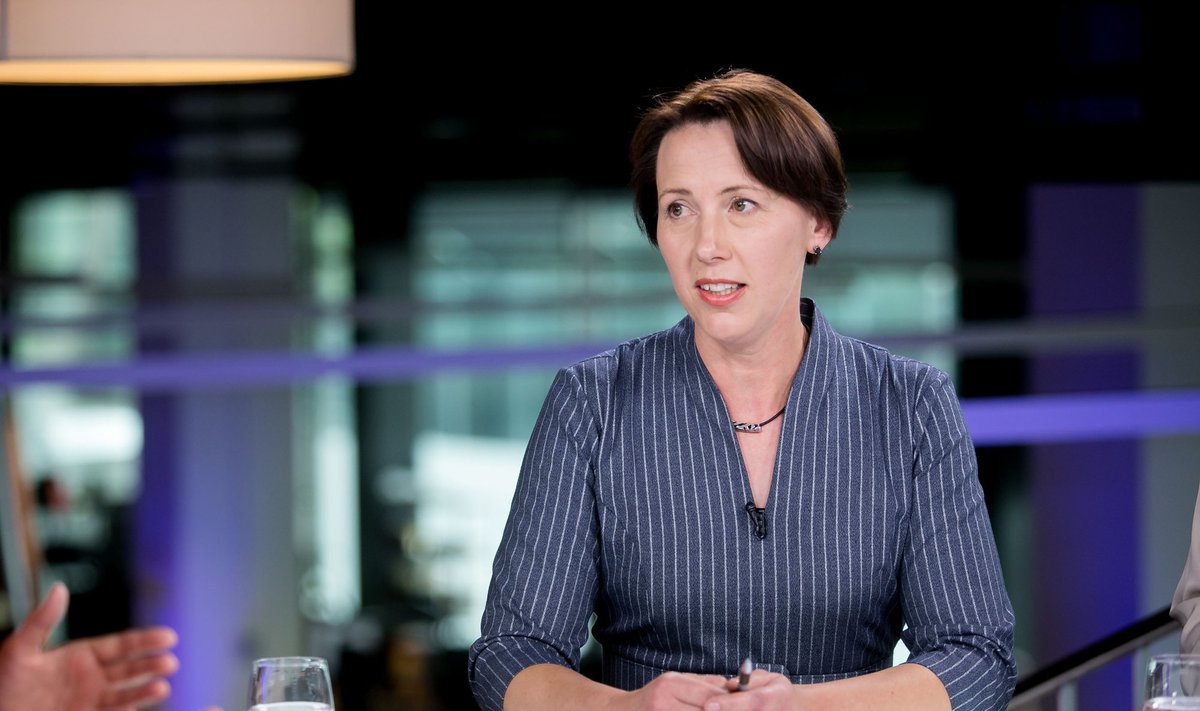"Clearly, the existing situation may not be a happy one but we cannot expect a very sudden change as pupils have already made their choices, and we need to ensure continuity. On the other hand, we need to ensure that we can pick from other foreign languages, like French, German or others, and we also need teachers for that," she told the Ziniu Radijas news radio on Tuesday.
Latvia's Ministry of Education and Science earlier announced plans to limit the choice of a second foreign language in schools from the 2026-2027 academic year only to those of EU countries or countries that Latvia has signed intergovernmental agreements in the field of education with. Russian would not get on this list.
Lithuania's education authorities have indicated that they recommend schools to drop Russian as a second foreign language.
Urbanovic also points out that the number of pupils in Lithuania who choose to study Russian remains high but the trend is changing.
"The situation is gradually changing, and we can see that this year's choices show a different trend as more pupils choose German, French. Clearly, it's also the task for the ministry to balance that, to make sure that the choices change, to ensure that we have that balance," the presidential adviser said.
Based on the Education Ministry's data, Russian as a second foreign language was the most popular language in schools this academic year as14,971 sixth-graders chose to learn it.
Meanwhile, 21.6 percent (4,765 pupils) chose German as their second foreign language (15.4 percent last year), while 8.2 percent (1,814) picked French (6.8 percent last year).
